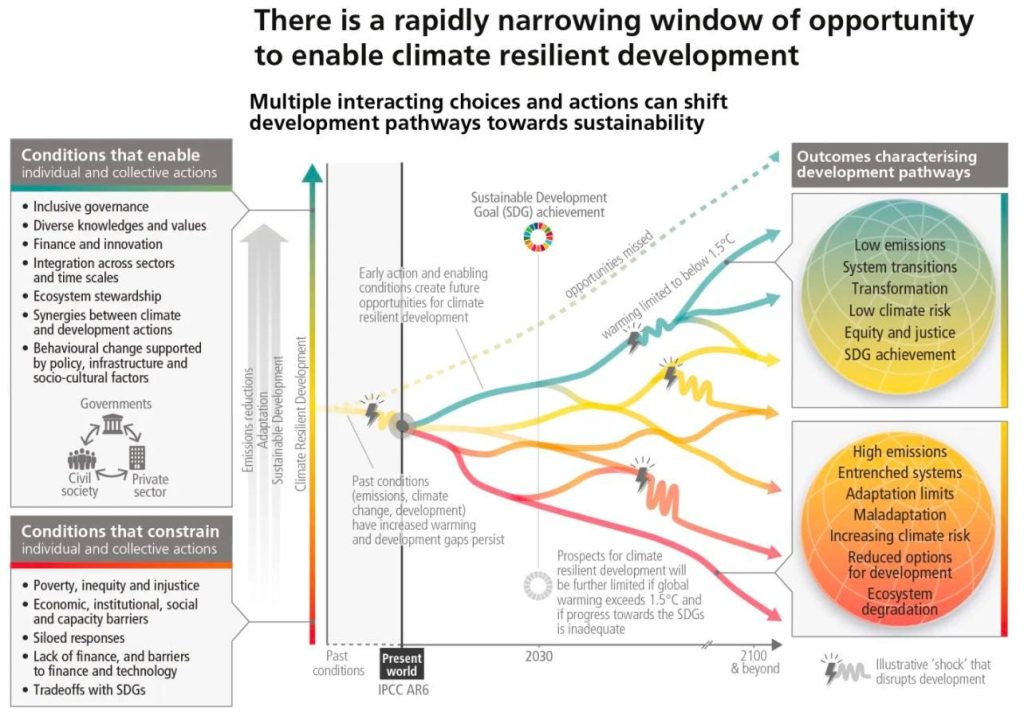As the world faces the urgent need to address climate change, new technologies and innovations are seen as key solutions in the fight against global warming. However, one major hurdle that these technologies often face is securing the necessary funding to bring them to market. The International Energy Agency (IEA) estimates that around USD 4.5 trillion a year will be needed by the early 2030s to align with the 1.5°C target, but currently, we are falling short of this goal.
The Intergovernmental Panel on Climate Change (IPCC) emphasizes the importance of finance and technology as critical enablers for accelerated climate action. They point out that while there is enough global capital to close the investment gaps, there are barriers that prevent it from being directed towards climate action. In order to achieve climate goals, funding for both adaptation and mitigation would need to increase significantly, along with a focus on enhancing technology innovation systems.
Various types of financial instruments are used at different stages of a new technology’s development, with venture financing playing a key role in supporting businesses focused on climate solutions. While historically, funding has often gone towards traditional VC companies, there is a growing recognition that more investment should be directed towards creating a sustainable future. Incumbent industries that fail to invest in electrification and decarbonization risk being left behind, much like Kodak did with digital photography.
In 2023, the share of venture capital and private equity funding going into climate tech accounted for 10% of private market start-up investments. However, there is still a significant funding gap, estimated to be around $2 trillion by 2030, for next-generation climate technologies. Increasing funding across all climate tech sectors is crucial for enabling breakthrough innovations and scaling up commercially ready technologies to address the pressing climate challenges we face.
Investing in climate tech not only has the potential to drive significant impact in reducing climate change but also offers opportunities for substantial financial returns. While some climate technologies have already progressed beyond the proof of concept stage, there is still untapped potential in this growing sector. By redirecting energy, capital, and talent towards climate tech ventures, we can help facilitate the transition to a more sustainable future and make a positive impact for current and future generations.
In conclusion, climate tech venture investing is not only essential for combating climate change but also presents a lucrative investment opportunity. By supporting and investing in climate technologies, individuals and businesses can play a crucial role in reshaping our world and creating a more sustainable future. The time for action is now, and by embracing climate tech ventures, we can work towards achieving our climate goals and making a positive impact on the planet.












